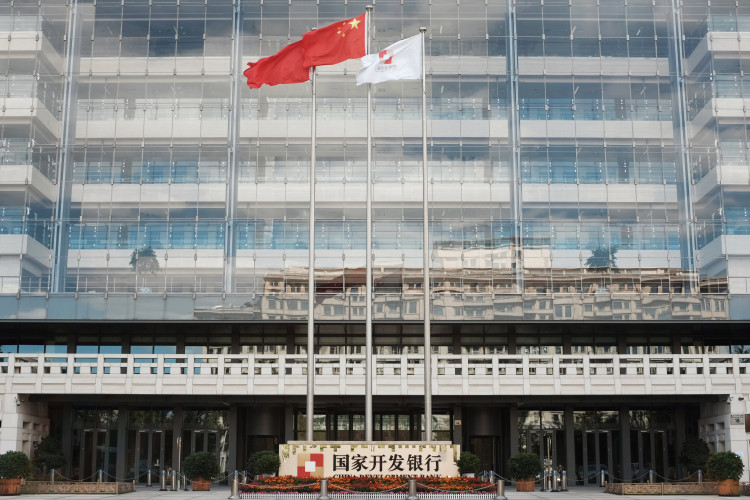President João Lourenço secured a loan amounting to $2 billion from the China Development Bank for infrastructure projects. Angola, just like Nigeria, wants to diversify its economy moving away from oil since the drop of global crude oil price since 2014.
The global decrease in the price of oil globally caused a recession to economies that rely on the crude oil market. Africa's new loan is timely to the concerns expressed over the claimed China's debt trap.
According to reports, the African country's international debt is estimated at around $77.3 billion as the year ends. China has already approved loans around $21.5 billion to Angola before the latest loan.
Lately, the Chinese President Xi Jinping said that during the opening ceremony of the 2018 Beijing Summit of the Forum on Chinese-Africa Cooperation that financing will be provided in the form of government assistance as well as the finance and investment to financial institutions and companies in the African continent.
According to the International Monetary Fund (IMF), Angola will contract around 0.1 percent this 2018 because of its poor economic performance.
The agency reported that Nigeria, South Africa, and Angola are holding down the African continent's growth rate. Bretton Wood Institution, however, projected that Nigeria's economy will grow by 2.1 percent this year and 2.3 percent in 2019.
Cian Maria Milesi-Ferretti, deputy director at IMF's research department, confirmed on Tuesday that Nigeria's growth this year is 1.9 percent and 2.3 next year. He added that South Africa's economy will only grow by 0.8 percent and Angola's economy will contract by 0.1 percent this year. The growth rate of the continent is among its poorest at over 3 percent this year which is close to 4 percent next year.
According to Ferretti, the African continent could do much better once the economies of Angola, South Africa, and Nigeria are on a more solid footing because of their wide territories and they largely affect a number of countries near them.
The IMF report stated that in Nigeria and Angola, tighter monetary policy and moderation in food price increases contribute to tapering inflation. The report also stated that inflation in Nigeria is predicted to drop to 12.4 percent in 2018 from 16.5 percent in 2017. However, it is expected to increase to 13.5 percent next year.
According to the World Bank, Nigeria and Angola are currently at their low oil production state and the contraction in agriculture negates South Africa's economy.





